Summer months might be drawing to an end, and the fall transition is upon us, but that doesn’t mean it is time to pack away your gardening gear. You may be surprised to learn that fall gardening can be as abundant as summer and spring and yield delightful outcomes for those who seize the opportunity. Hold onto your planting tools for a while longer and follow these tried and tested tips to yield a bountiful fall garden with fresh veggies to harvest later in the year.
Pull Out Summer Crops

Now is the time to harvest the fresh tomatoes, cucumbers, carrots, and other veggies you planted earlier this year in summers and make room for the lovely fall crops. The majority of the summer produce can be frozen and preserved for future eating. With the help of storage bags, you can efficiently collect and conveniently transport your fresh garden produce to your kitchen with ease.
Plant Super Speedy Veggies

After removing any plants, debris, and weeds left over from summer and spring, it’s time to replace the empty landscape with quick maturing crops suited to the cool Fall weather. Even if you plan on planting fall crops later on, why waste an opportunity to yield another set of delectable veggies? Radishes, leafy greens, and carrots are some veggies that go from sowing to harvest in very little time.
Rejuvenate The Empty Beds With Fresh Compost

It’s crucial that you sow new seeds in organically enriched soil in order to grow a healthy garden. With brown matter such as dried plant debris, leaves, and vines readily accessible around this time of the year, fall is a perfect time to add to your compost pile. Incorporating and tilling a renewed supply of compost and organic material into the soil can refresh its nutrients.
Delicious Picks For Your Fall Veggie Garden

Gardening experts agree that autumn is the perfect time to plant delicious cool weather veggies. Nothing beats some homegrown, fresh, and crisp spinach, broccoli, and lettuce. These are just a few of the delightful veggies that thrive amazingly in the cool weather.
Clean Up Spent Plant Debris And Weeds

Many disease-causing bacteria and fungi, pests, and insects take refuge in dead plant debris. Getting rid of dried old leaves and leftover waste gives a clean slate for you to plant your fall garden. While clearing out your garden of these annoyances, make sure that all of your outdoor lifestyle covers, including your pillow covers, are in place to protect outdoor furniture from debris.
Mulch Your Garden

Laying down a thick layer of organic mulch around plants is a simple way to keep your garden healthy. From preventing soil erosion to retaining moisture, mulching in fall has numerous perks. Moreover, mulching serves as a protective barrier to plants against diseases and doubles up as a weed suppressant.
Fertilize Sparingly

When it comes to fertilizers for vegetables, a little goes a long way. Overfertilizing your veggies can burn the roots and encourage abnormal leafy growth at the expense of lesser harvest. Instead, try incorporating organic compost to provide a natural boost of nutrients to the soil so the plants can thrive naturally.
Use Pest Control Responsibly

It’s important to exercise caution when applying pesticides. Some of the bugs in your garden act as pollinators and help plants thrive by decomposing waste and devouring pests. Instead of resorting to pesticides, you should concentrate on building healthy soil and growing healthy plants that are capable of standing up to detrimental pest invasions.
Water Wisely- A Fine Line Between Too Much And Too Little

Ensure your seedlings are well-watered daily and not stressed. About an inch of water every week is adequate for most vegetables. Always release the water slowly and on target, allowing the roots to soak in the moisture and the soil to retain hydration. Remember, healthy, happy plants yield the best flavor.
Clean And Disinfect Tools

If you find that your shovels and pruners have rusted or splintered by the upcoming season, don’t be surprised. Before you head indoors for your much-needed rest, cleaning your gardening tools thoroughly daily is a must. Apart from keeping your gardening gear in good working condition, it ensures disease and plant mold are not transmitted.
Solar Shades Are Well Worth The Investment

Be it broccoli and beets or leafy greens like spinach and lettuce, most fall veggies prefer cool weather and thrive well in the shade. Outdoor solar shades can be installed to provide some relief to the shade-tolerant fall veggies, especially in the afternoon when the sun is at its highest. You can also count on them to shield you from the damaging UV rays, ensuring you spend your afternoons comfortably in your outdoor garden.
Think Small

It is always better to start small, especially if you are a newbie to vegetable gardening. That way, you can ensure your little fall veggie garden gets the TLC it deserves. Planting too much too soon is a typical mistake many home gardeners make. Plant your garden with care, choose a small plot and grow a small patch of fall veggies you know your family loves to eat.
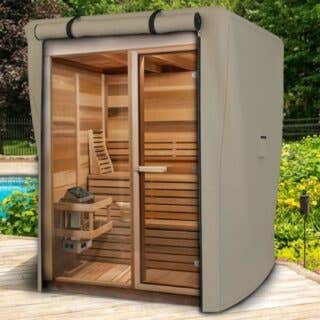





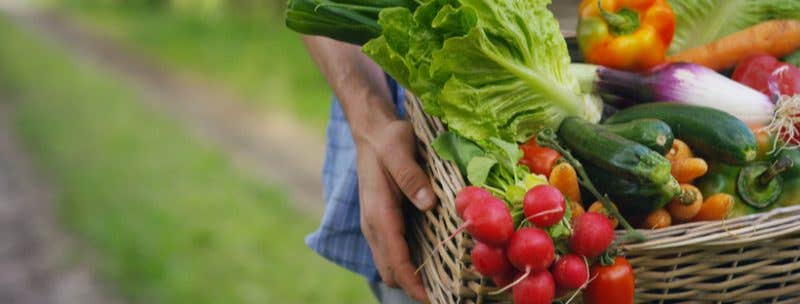

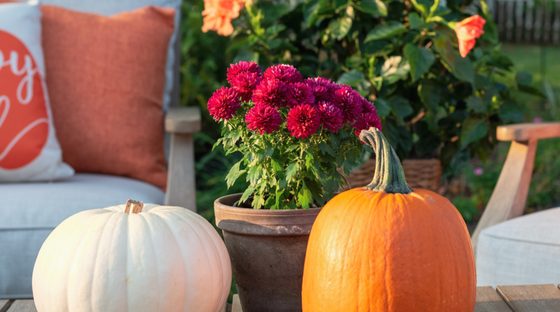
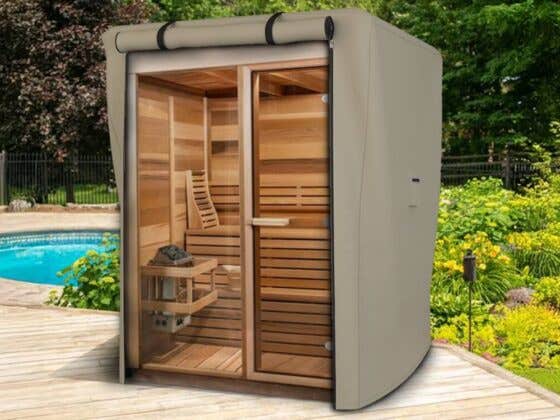
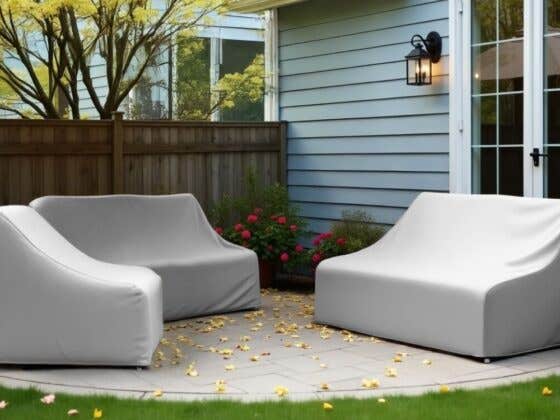





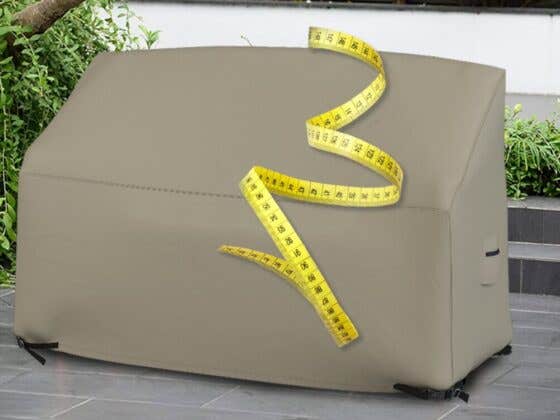
Recent Comments